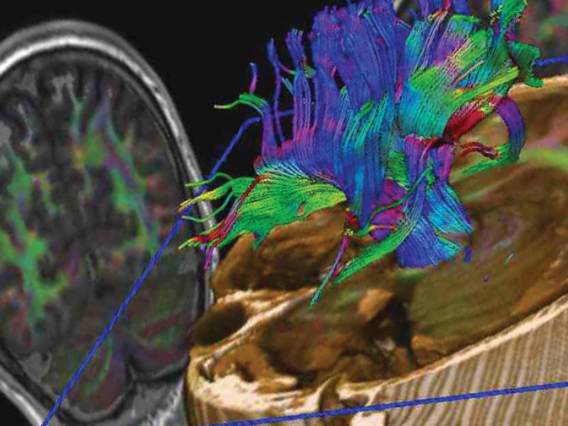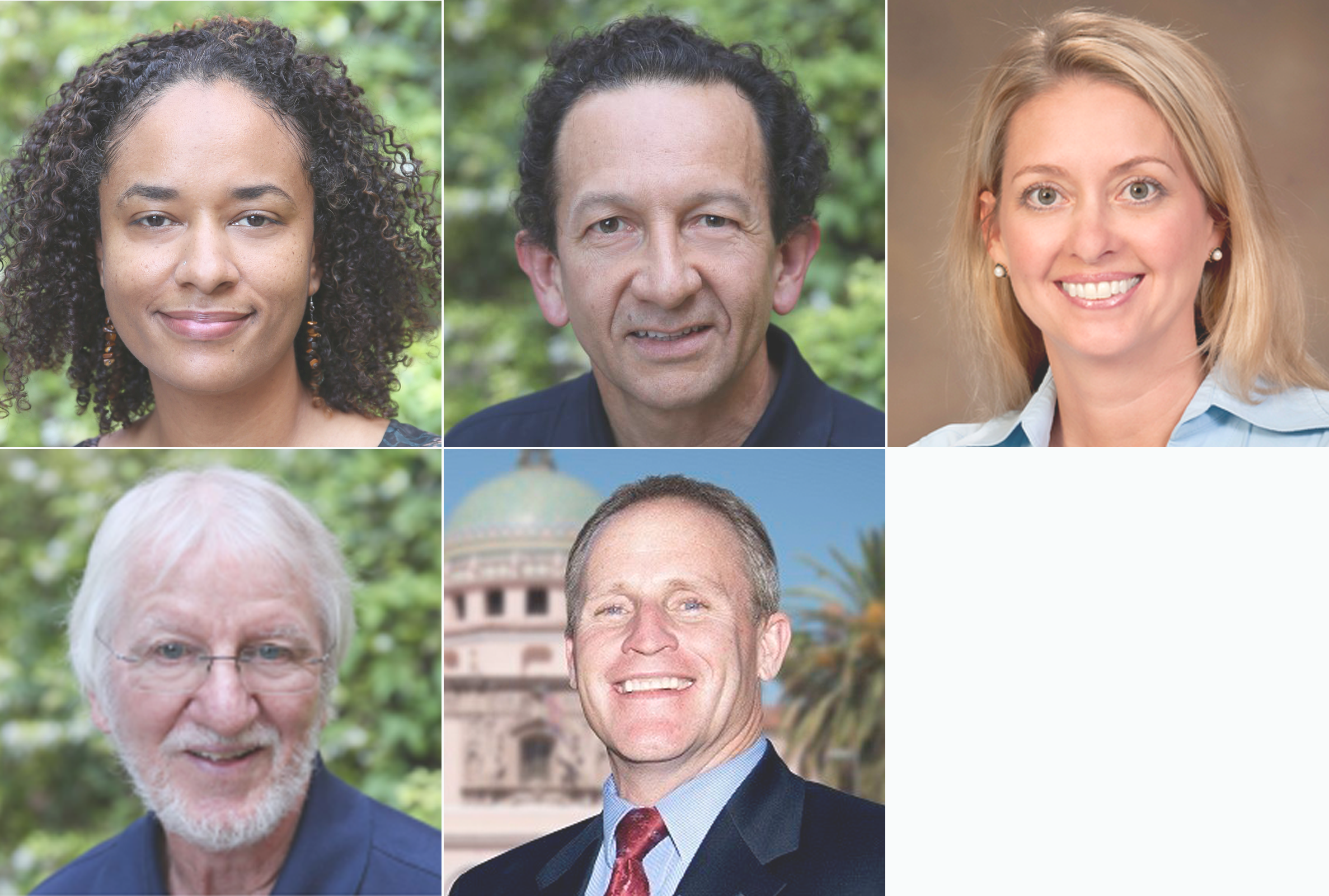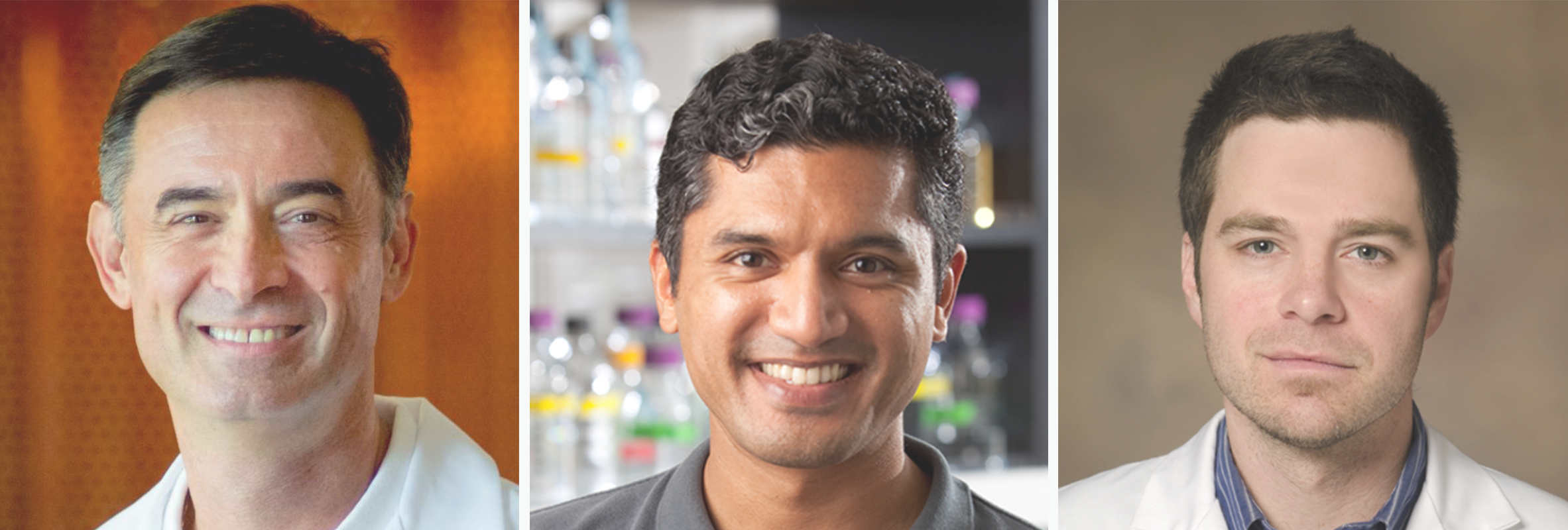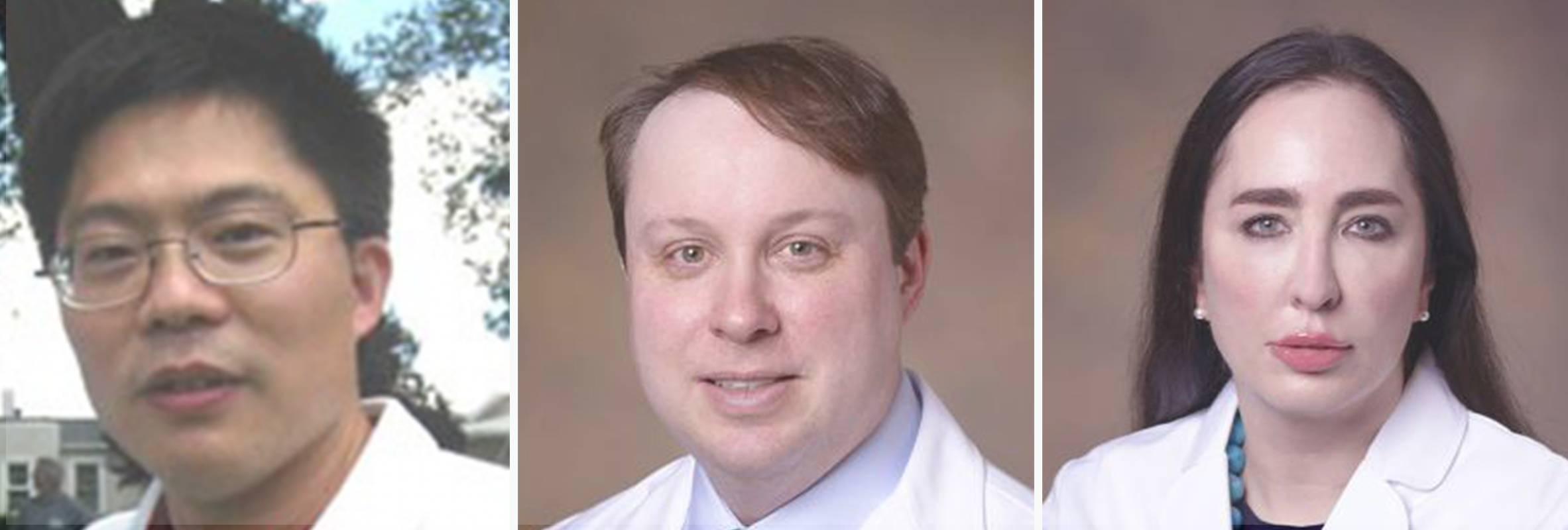Translational Bioimaging
Translational Bioimaging

The Translational Bioimaging Resource (TBIR) serves as a university-wide resource for preclinical biomedical imaging. This resource has the capability to image biological constructs, small and large animals, and human participants. The TBIR has expertise in imaging neurological structures and neural systems, progression of aging, cardiac function, blood oxygenation levels, arterial plaques, vascular and skeletal systems, inflammatory diseases such as lipedema, disease progression, response to therapies, and much more.










